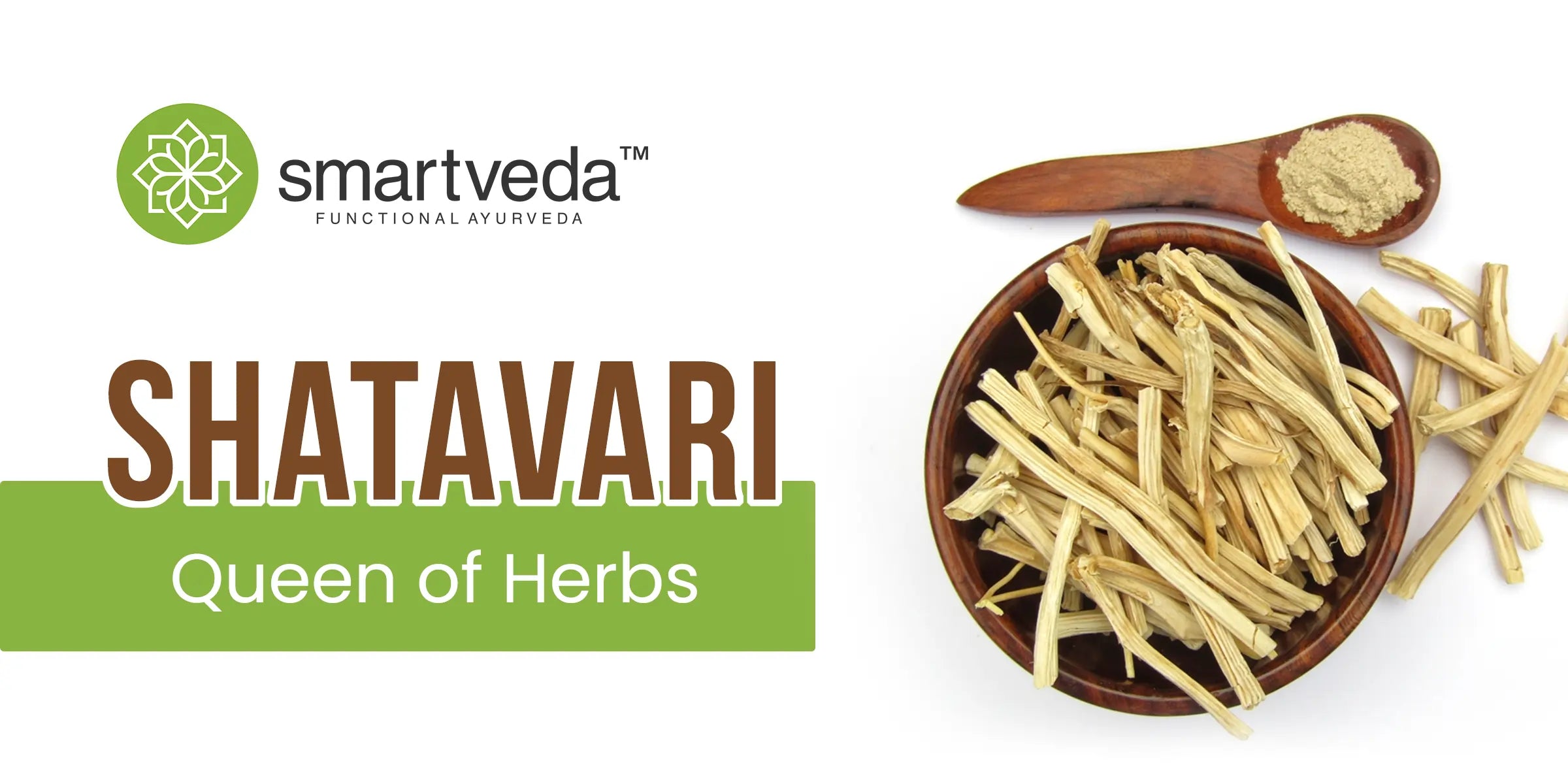Introduction
Licorice, also known as Yashtimadhu in Ayurvedic tradition, is a healthful powerhouse, often referred to as the "Healer's Root." With its extensive health benefits and unique characteristics, this extraordinary root is a key player in the dynamic realm of Ayurvedic herbs, promoting wellness to those who seek its assistance. In Sanskrit, Yashtimadhu translates as "sweet stick," which mirrors its distinctively sweet taste, much like nature's candy. Referred to as Madhuka in Ayurvedic literature, this term of endearment highlights its prestigious status as a sweet yet powerful healer. Licorice's various names, including Mulethi, emphasize its widespread importance in Ayurvedic preparations.
The Sweet Significance of Yashtimadhu

The versatile plant known as licorice or jethimadh has been long cherished for its many therapeutic properties. This potent herb is celebrated for its Medhyarasayana (rejuvenating) properties, serving as a brain tonic and offering a shield against life's inevitable wear and tear. It also fortifies immunity, enhances skin complexion, boosts sperm count and semen quality, provides eye relief, and augments voice quality. An array of unique properties such as Snigdha (unctuous), Guru (heavy), and Madhura (sweet) harmoniously work to balance the Vata-Pitta dosha, promoting balance and vigor within our bodies. Licorice's adaptogenic qualities boost the body's resistance to stress, fortifying overall health and wellness.
Here are the health benefits of Yashtimadhu:
Digestive Health
Yashtimadhu has a soothing effect on the digestive system, and people often use it to relieve indigestion, acidity, and heartburn. It can also help reduce stomach ulcers and inflammation in the gastrointestinal tract.
Hormone Blance
Hormone Balance: Many people know it helps balance hormones, making it beneficial for conditions like polycystic ovary syndrome (PCOS) and menopausal symptoms.
Anti-Stress and Adaptogenic
Yashtimadhu is considered an adaptogen, which means it helps the body adapt to stress and promotes a sense of calm. It can help reduce stress and anxiety.
Oral Health
Chewing on the root of Yashtimadhu can help improve oral hygiene, reduce bad breath, and combat oral infections.
Cough and Respiratory Health
Yashtimadhu is used to alleviate coughs and respiratory issues. It can help loosen mucus and soothe the throat, making it useful for conditions like bronchitis and sore throat.
Remedies and preparations
Yashtimadhu Kadha
An Ayurvedic kadha involves boiling a 1-inch piece of Licorice stick with other herbs and spices like ginger and tulsi in 2 cups of water until it reduces to one-fourth of its original volume. This immune-boosting, digestion-promoting, voice-soothing drink is excellent for overall health.
Yahtimadhu Milk
Boiling licorice root in milk and then straining creates a comforting drink called Yashtimadhu Ksheerapaka.People use this traditional remedy for gastritis and other inflammatory conditions, and it promotes mental clarity, cardiac health, and memory enhancement.
Yastimadhu Oil
Infusing oil with licorice root combines the health benefits of these natural treasures. Massaging with licorice oil can reduce stress, promote relaxation, and soothe skin irritations.
Mulethi-Honey Mixture
Mix Mulethi root powder with honey to form a soothing syrup. It helps ease sore throats, coughs, colds, and other respiratory ailments. This refreshing mixture also acts as an aphrodisiac and promotes cognitive functioning.
















